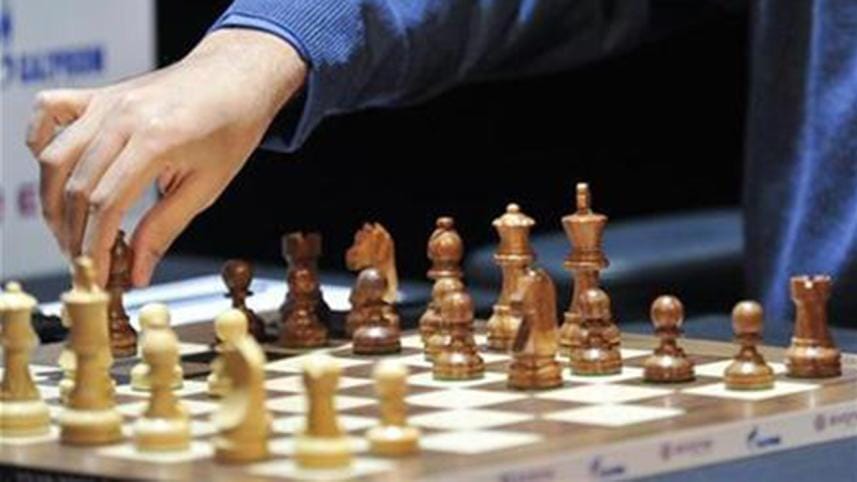Playing chess is forbidden in Islam, says Saudi grand mufti

Saudi Arabia’s grand mufti Sheikh Abdullah al-Sheikh during a television program said playing chess is forbidden in Islam, British newspaper The Guardian reported.
Responding to a question on a television show in which he issues fatwas (religious decrees) after listening to viewers' questions, Sheikh said playing the board game is 'haram' (forbidden) as it encourages gambling and is a waste of time.
He claimed that the game was “included under gambling” and was “a waste of time and money and a cause for hatred and enmity between players”.
Al-Sheikh justified the ruling by referring to a verse in the Quran banning “intoxicants, gambling, idolatry and divination”.
Iraq's Supreme Shia cleric Grand Ayatollah Ali al Sistani too had issued a decree terming the game 'haram mutlaqan' (forbidden absolutely or under any circumstances), with or without betting.
The game of chess, a board game can be traced back to an ancient version called Chatrang, popular in Persia during the 600BCs.
The name ‘chess’ is a variant of the Persian ‘shah’ (king) that replaced the original ‘shatranj’ and ‘ajedrez’ and came to be modified through dialect across Europe as ‘check’ and later ‘chess’.
Gameplay in chess is of two kinds: tactical and strategic. Tactics is concerned with the immediate action taken by each player, as in the advancing and positioning of a piece, while strategy is focused on achieving long-term positioning advantages.



 For all latest news, follow The Daily Star's Google News channel.
For all latest news, follow The Daily Star's Google News channel.
Comments